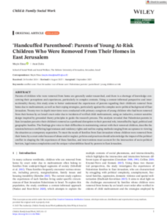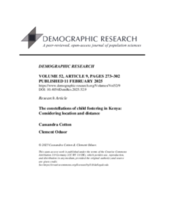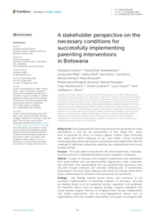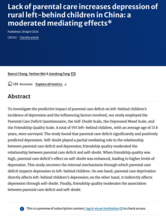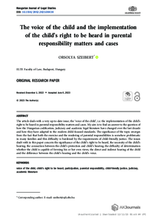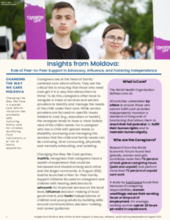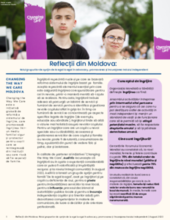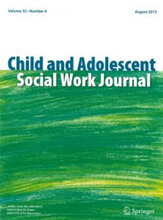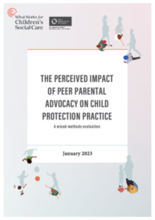This section highlights resources focused on the participation of parents and caregivers in decisions about children's care, including decisions about their own children and their placement in alternative care, as well as advocacy efforts to reform systems of care and protection for children.
Displaying 1 - 10 of 98
This study explores the experiences of Palestinian parents in East Jerusalem whose young children were removed from their homes due to verified maltreatment, highlighting the disruption to their parental roles and the added challenges of legal, political, and geographic barriers. Findings show how parents cope with separation, from acceptance to viewing it as temporary, and call for policies and interventions that address the intersecting socio-political and legal complexities shaping their lives.
This study examined the geographical location of fostered children in Kenya, identified who provides their care and the nature of mothers’ relationships with these caregivers, explored transitions and mobility within kin networks, and analyzed how location and distance influence maternal–child contact.
This study seeks to evaluate the real-world experiences, challenges, and best practices in implementing parent support programs in Botswana.
This webinar unpacks lessons learnt from successful parenting and caregiver interventions in lower-middle-income countries.
This study uncovers the internal mechanisms through which parental care deficit impacts depression in left-behind children in China.
This article published in the Hungarian Journal of Legal Studies is part of a complex overview of the connections between the child’s right to be heard and the child’s best interests and parental responsibility matters and cases. The focal point of the paper is how Hungarian codification, judiciary and academic legal literature have changed over the last decade and how they have adapted to the modern child-focused standards.
Caregivers are at the heart of family-centered care reform efforts. They are the critical link to ensuring that those who need care get it in a way that allows them to thrive. Changing the Way We Care Moldova’s partner, AudiViz, recognizes that caregivers have a wealth of experience that could be harnessed and shared among each other and the larger community.
În perioada ianuarie - iunie 2023, Asociația de Suport Familial de Recuperare Timpurie a Copiilor cu Deficiențe de Auz și Văz ”AudiViz” a realizat un studiu care a avut scopul de a analiza perceptia parintilor și a copiilor/tinerilor cu dizabilitate de auz privind calitatea vietii lor, a serviciilor oferite de autoritățile publice și dacă acestea răspund nevoilor lor sau contribuie la sprijinirea familiei, la reabilitarea şi integrarea socială, educațională.
This U.S.-based mixed-methods study explored foster parent satisfaction with intent to turnover and disrupt placement in 362 foster parents through regression analyses. It included foster parents in six mid-Southwestern states who participated in an online survey between June 2021 and January 2022.
This report presents the findings from a mixed-methods evaluation of peer parental advocacy (PPA) in the London Borough of Camden.

